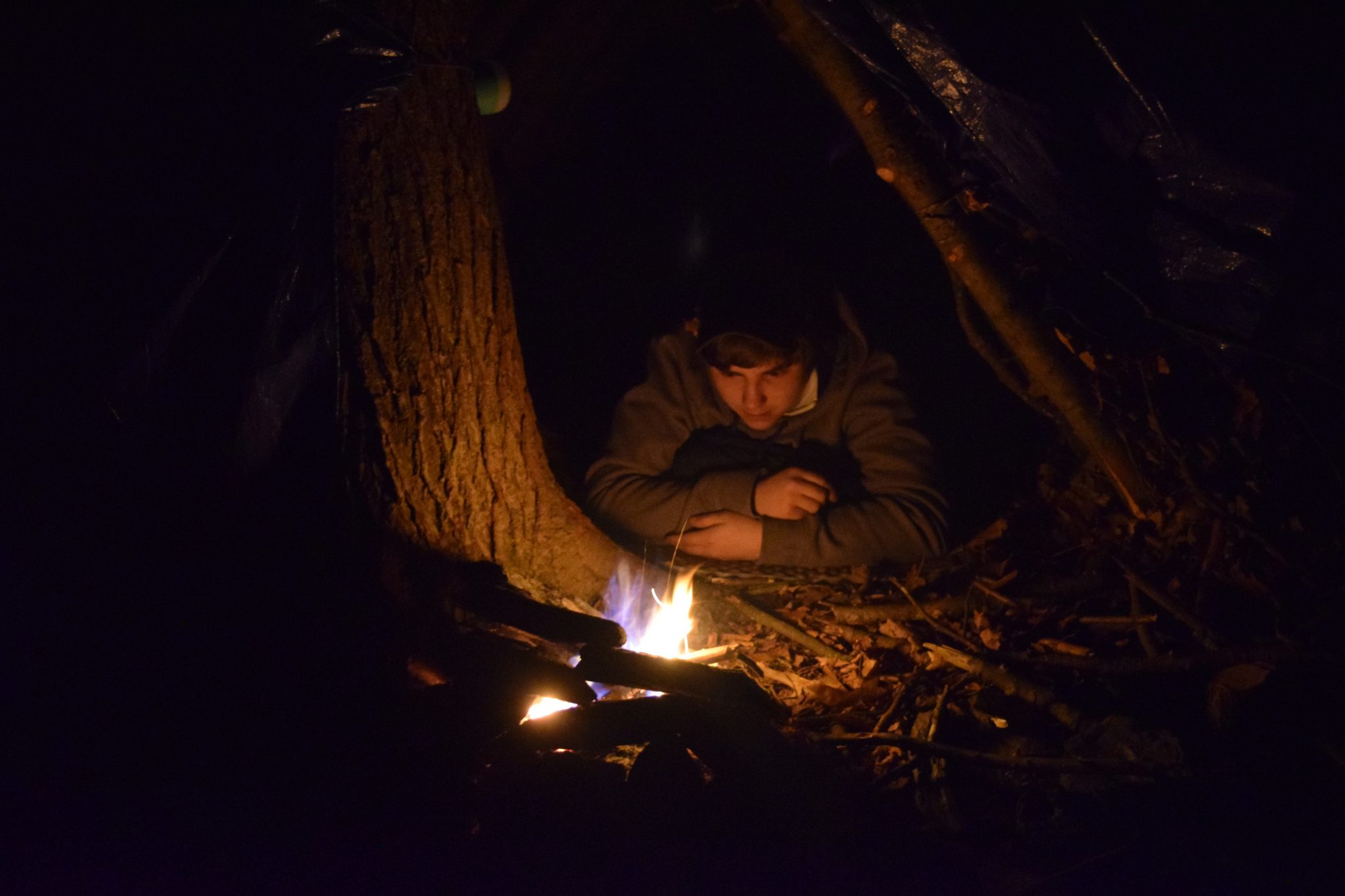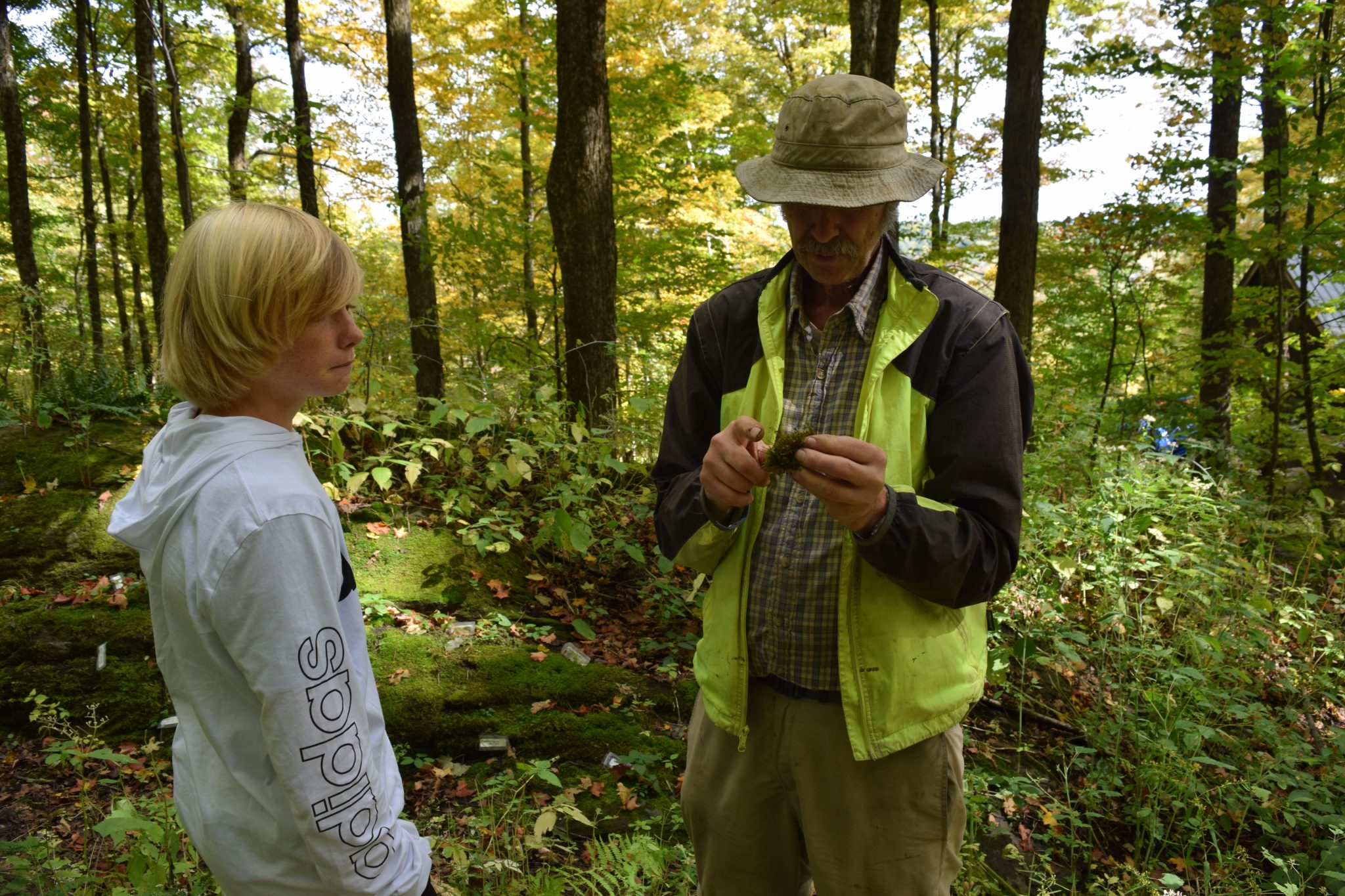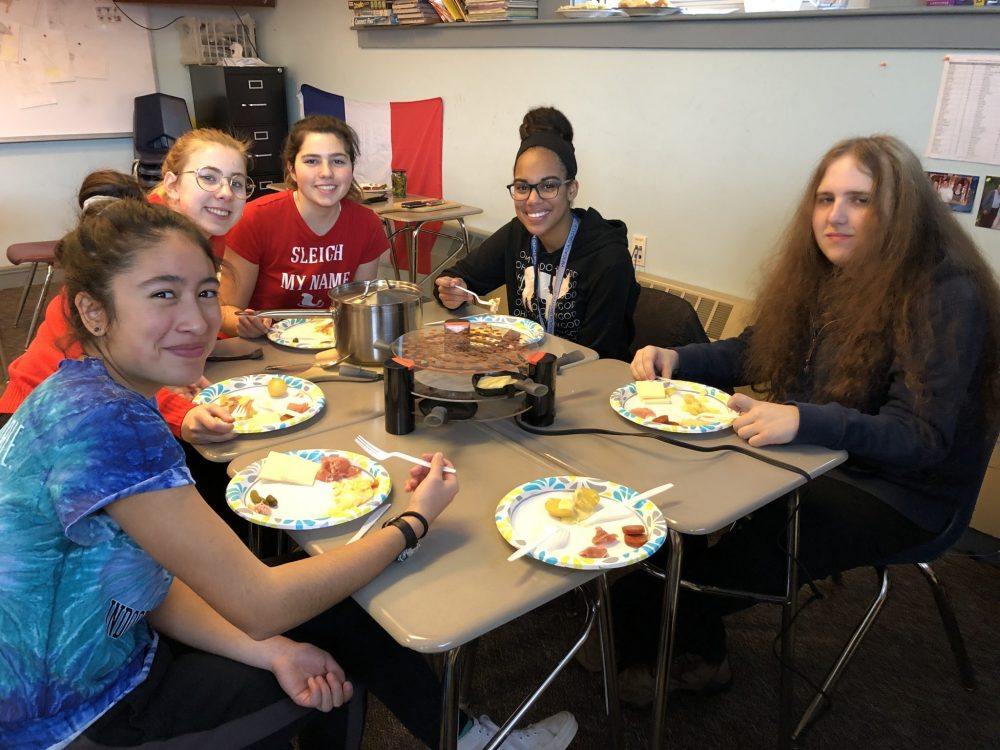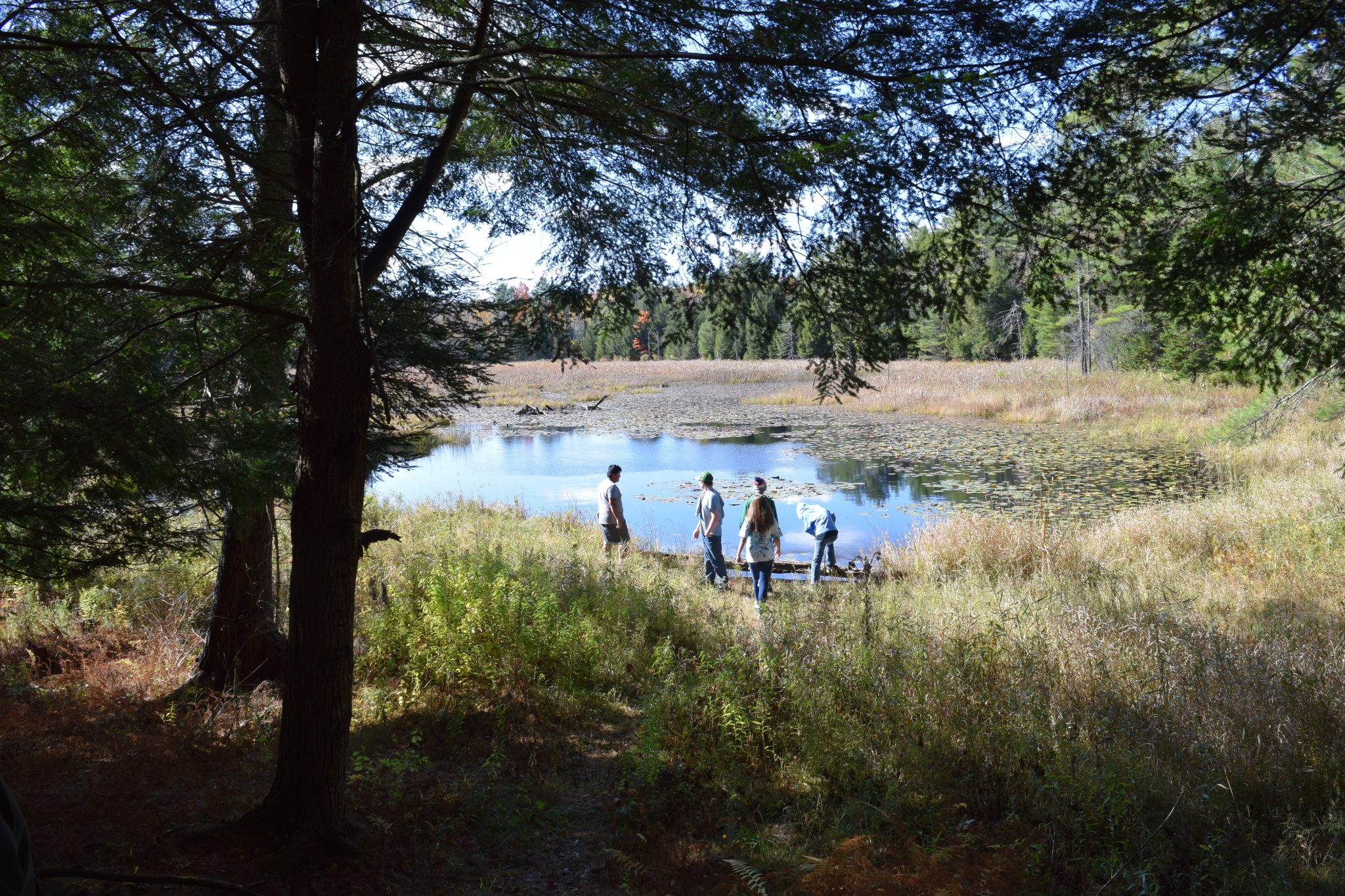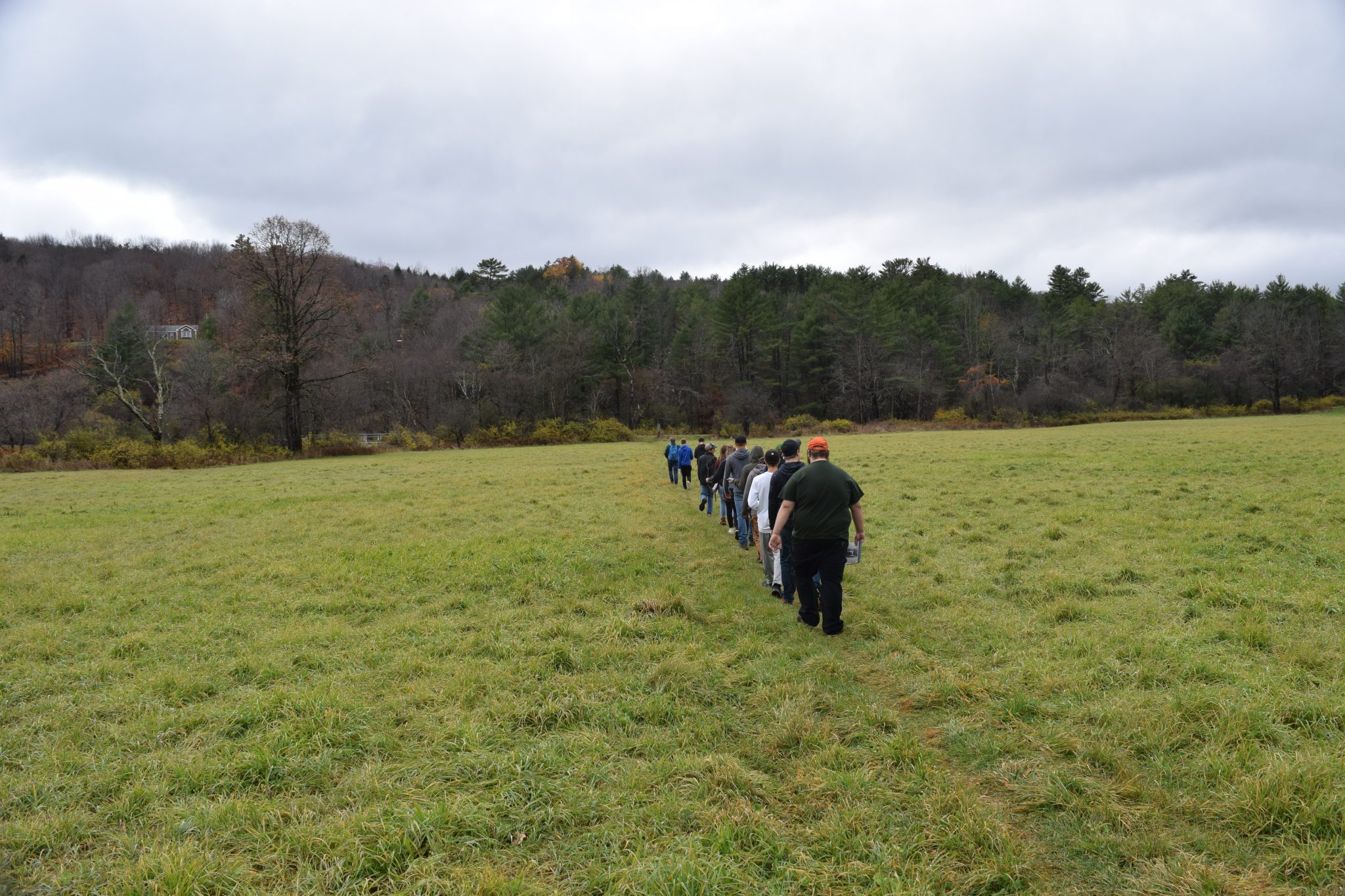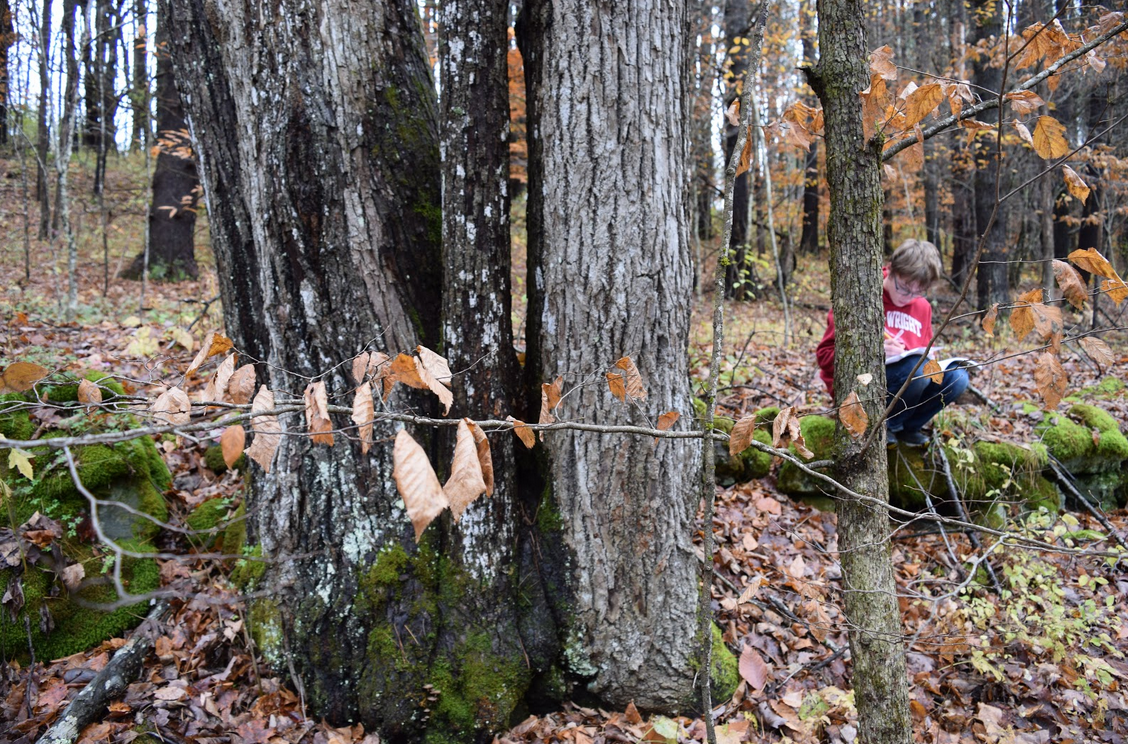First Fires
January 13, 2020
By, Caleb MacNeil People have asked me what are some of the most important things to know about the Environmental Studies and Outdoor Education class at TA. One of my responses is that a key component of the class is the fires. During the first fires of the year, Scott Ellis supervises us. He explained and demonstrated to us how to make a fire with only one match. This first fire was the most significant one of the year. To make fires in this class, there must be snow on the ground because there is less danger of the fire getting out...



